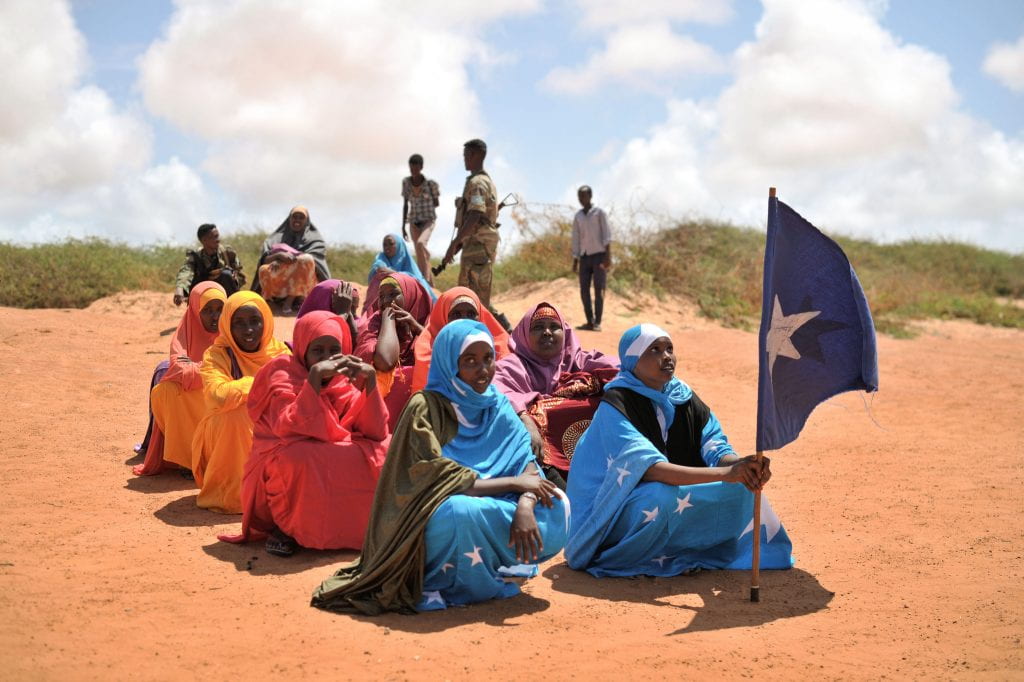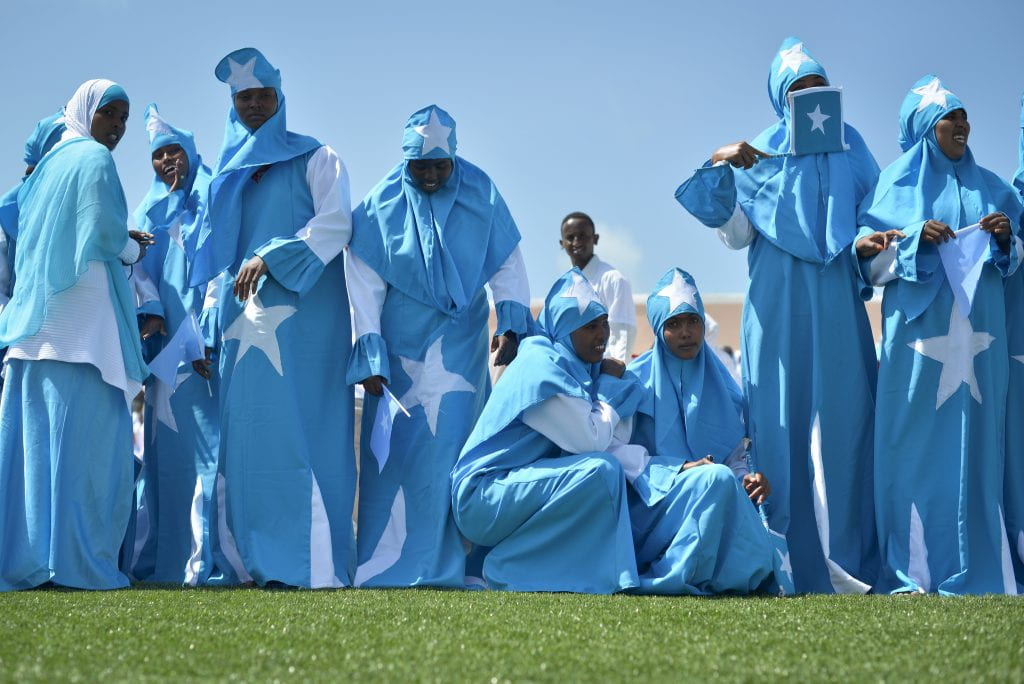
The Declaration of the Right of Peoples to Peace, issued by the UN in 1984, “solemnly proclaims that the peoples of our planet have a sacred right to peace.” Issued in the decade of extreme unrest in the nation of Somalia, this human right is particularly vulnerable in the war-torn state. In the past two hundred years, Somalia has been through an extremely complex series of conflicts that has included colonization, dictatorship, civil war, widespread violence, and UN intervention. Only declared to be no longer a failed state within the last year, Somalia is still in its fledging phase as an independent nation. Last week, Somalia elected its second president since the establishment of its current government, Mohamed Abdullahi Mohamed. To understand the issues of today, first we must delve into the rich history of the nation.
Historical Background
The nation of Somalia was never originally a nation by its geographic boundaries today, but an area encompassing individual sovereign clans. In the late 19th century, in a period known as the “Scramble for Africa,” several European powers colonized the area as authorized by the Berlin Conference of 1884. The actors included Britain, colonizing the north-west area formerly known as Puntland, and Italy, colonizing the large area of Somaliland. France also conquered a small corner in the northeast. The colonizers were not interested in populating the area, but rather chose to exploit natural resources and use land for trade routes. The roots of the conflict begin here, as the European powers dismantle clan hierarchy and institute central governance. After World War II, the European powers begin to disengage and decolonize the area. In 1960, both Italian Somaliland and British Somaliland have both established independence from their former colonizers and then united, founding the United Republic of Somalia. This democratic state was successful for nine years, but the country succumbed to a coup by Mohamed Siad Barre.
Barre instituted a dictatorship under the new government, the Somali Democratic Republic. His reign, lasting for twenty years, amassed tremendous human rights abuses including targeted attacks on cultural groups and forced allegiance to the state (Metz 45-51). Caught in the middle of Cold War tensions, the country received funding and arms from both the Soviet Union and from the United States after the Soviet Union cut ties in the late 70’s. Cold War politics, when combined with post-colonial factions and the Ogaden War, proved to be a lethal blow to Barre’s dictatorship. The state collapsed in 1991, causing a power vacuum that provoked massive clan warfare. Within four months in the capital alone, “25,000 people [were killed], 1.5 million people fled the country, and at least 2 million were internally displaced.” Somalis know this period as burbur, or catastrophe (Bradbury and Healy).

UN Intervention
As one of the first large-scale humanitarian aid projects that the UN attempted, Somalia took the role of a laboratory of peace making and nation building. UNOSOM (United Nations Operation in Somalia) and their 30,000 troops did assist in stimulating economic and political infrastructure, aid in food security, and drive warring factions out of certain areas. However, the mission did not result in a conclusive peace settlement; it actually strengthened warlords and substantially increased terrorism. UNOSOM left in 1995 as an internationally known example of UN failure (Bradbury and Healy).

Movement towards Peace
The years following the departure of UNOSOM were neither peaceful nor war-struck. In fact, the rise of militant terrorist groups causes them to grab attention. A series of peace conferences hosted by neighboring countries attempted to find a solution for peace, but only successful session was the Mbagathi conference in 2004. The conference formed the Transitional Federal Government (TFG) with the election of elected President Abdullahi Yusuf. The TFG was given a mandate to rule until the country was stable enough for independent governance. The mandate expired in 2012, and the election for the newly established Federal Government of Somalia began, resulting in the election of Hassan Sheikh Mohamud. Mohamud lead the country for the past five years, but lost the elections that occurred just last week. The newly elected president, Mohamed Abdullahi Mohamed, a Somali nationalist, is popular among the people and expected to bring an era of prosperity.
After the UN’s infamous failure in Somalia, outlook on global humanitarian aid became more critical. Though global aid operations became less popular, the need for assistance and justice did not die. It is of utmost importance that the global community keep a close watch on human rights abuses anywhere. Martin Luther King Jr. once said, “Injustice anywhere is a threat to justice everywhere.” Peace is an essential human right, and violation of that right is intolerable. Somalia’s outlook today is much brighter than it was twenty years ago; however, acts of terrorism and high levels of crime still plague the nation. President Mohamed may bring great things to the Somali people, but it is the duty of our global society to uphold the Somalians’ right to peace.
